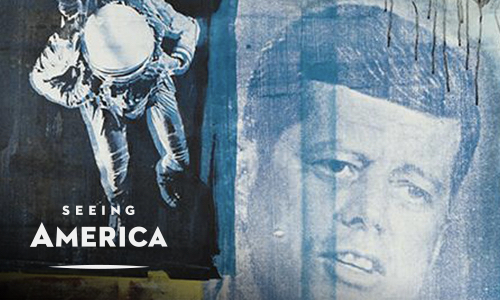Artists during this period asserted their individual identity, but also brought mass produced objects and mass media into their art.
Browse content
We're adding more content all the time!
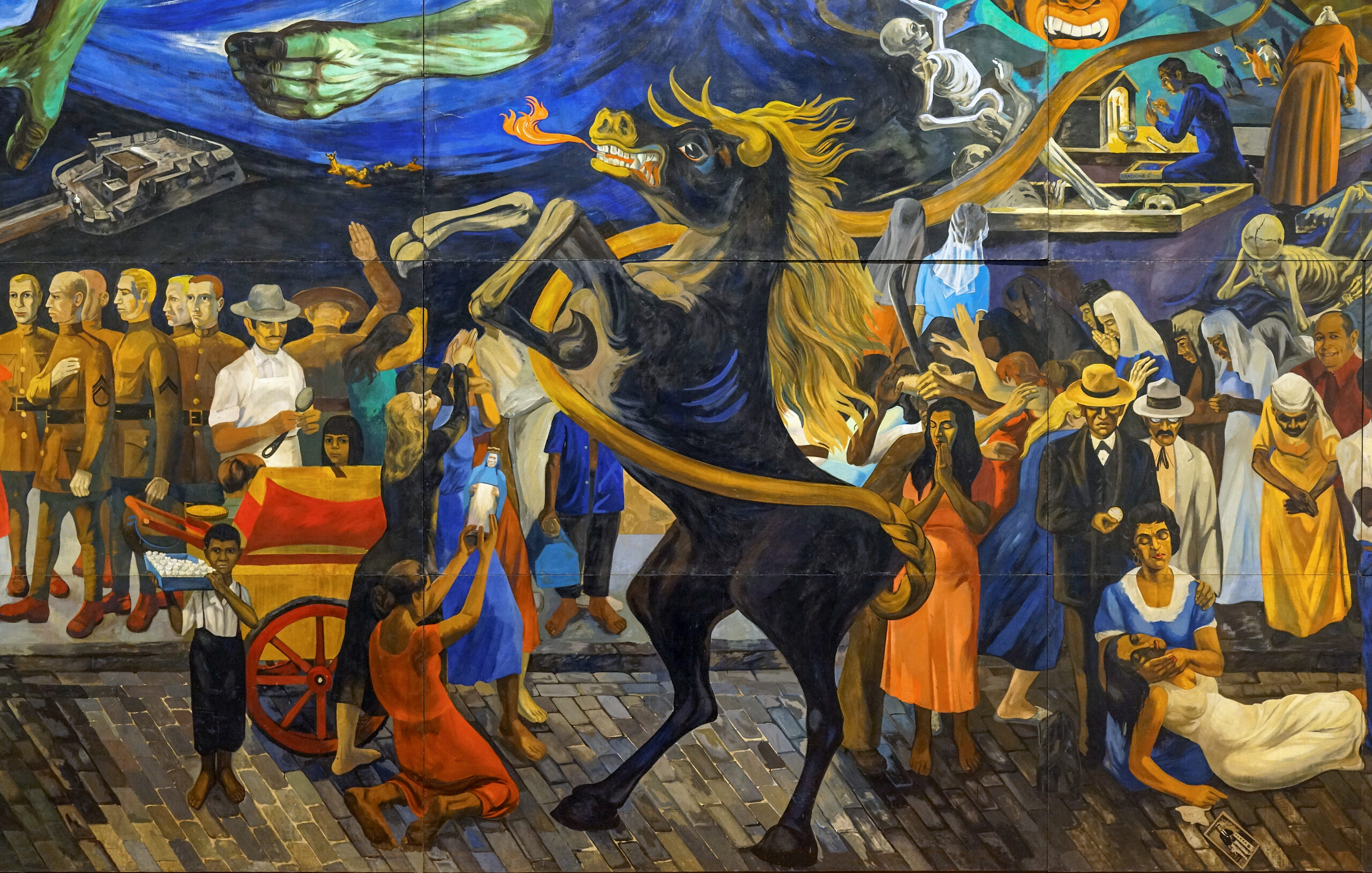
Rafael Tufiño, La Plena
Originally made as a backdrop for the 1957 film La Plena, this mural celebrates the people and music of Puerto Rico.
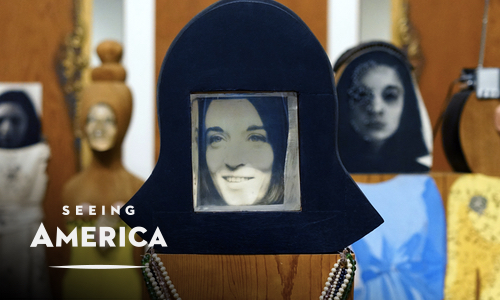
Fashion & alienation in 1960s New York
At this party, everyone has the same face and seems profoundly alone.

If All the World Were Paper…
From the Manhattan Project to nursery rhymes, a collision of art and science.
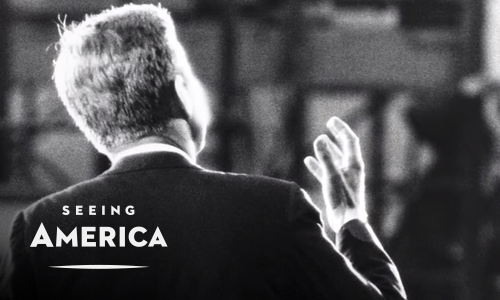
JFK and the power of media
Go backstage at the 1960 Democratic National Convention with photographer Gary Winogrand.
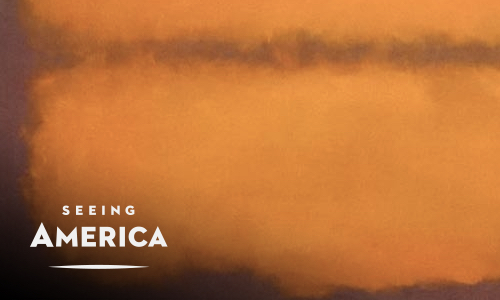
Transcendence and Cold War
Spirituality and transcendence were important postwar themes expressed in Rothko's work.
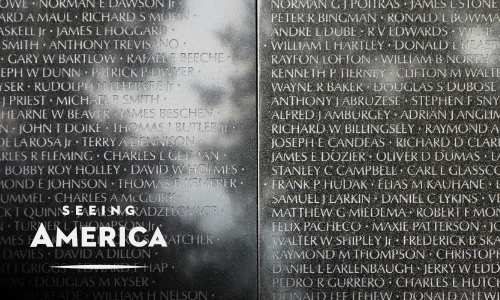
The Vietnam Veterans Memorial
A powerful accumulation of names is inscribed on slabs of reflective stone that cuts into the earth on the Mall.

Protesting the Vietnam War, with lipstick
This sculpture, installed on the Yale campus during Vietnam War protests, was never meant to be permanent.
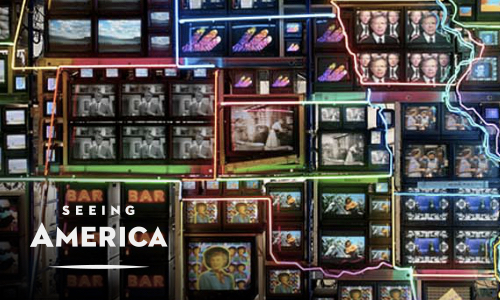
Television nation
The “father of video art” argued that electronic communication, not transportation, unites the modern world.

Icon and irony: Jasper Johns, Flag
The American flag is a potent symbol that has different meanings for different viewers.
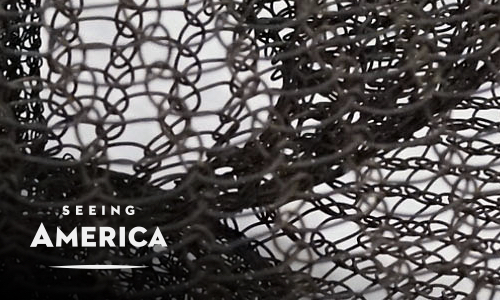
From wire to weightlessness
Asawa was interned in World War II, but we must be careful about interpreting her artworks as related to that trauma.
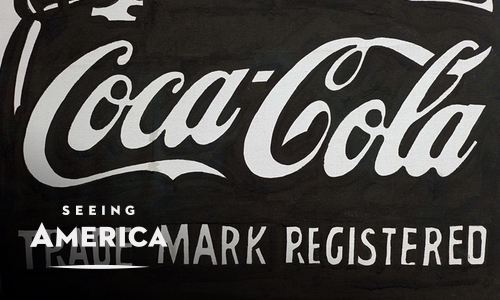
Consumers, Warhol, and 1960s America
Warhol’s art celebrates the consumerism and advertising that inundated American culture in the 1960s.

